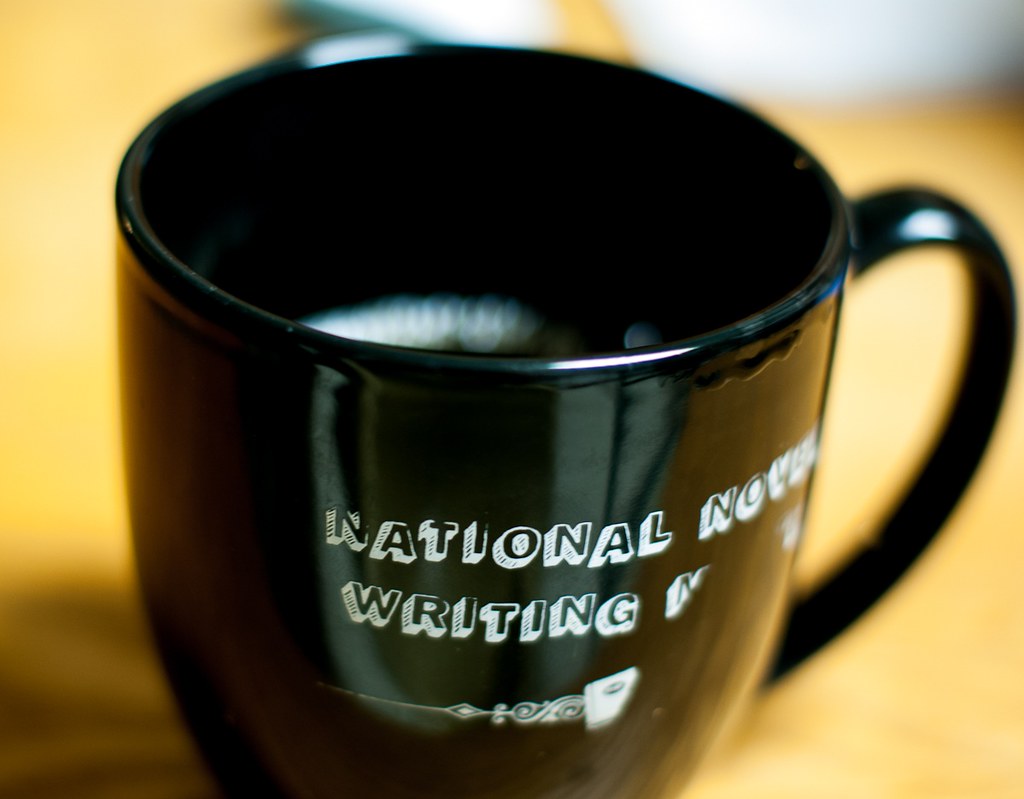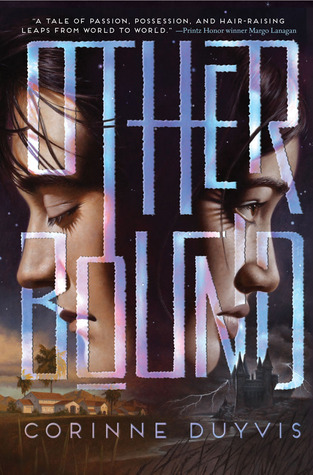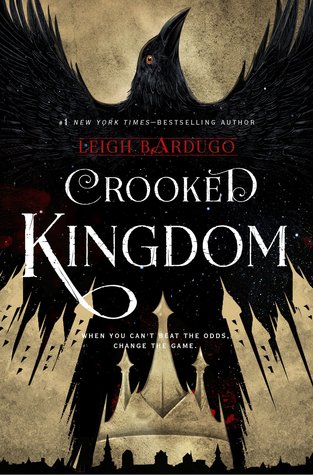 |
| Photo credit: Goodreads |
I'm glad to report that now that I've read the book, it did not disappoint.
But before I go on! Here's the Goodreads summary:
"Flynn's girlfriend has disappeared. How can he uncover her secrets without revealing his own?
Flynn's girlfriend, January, is missing. The cops are asking questions he can't answer, and her friends are telling stories that don't add up. All eyes are on Flynn—as January's boyfriend, he must know something.
But Flynn has a secret of his own. And as he struggles to uncover the truth about January's disappearance, he must also face the truth about himself."
So the way Last Seen Leaving is set up, it reminded me a bit of Far From You by Tess Sharpe—another YA with major queer rep in which the protagonist is trying to solve the murder of her best friend. In Last Seen Leaving, however, what happened to January isn't immediately apparent. When the book starts, Flynn learns his girlfriend has disappeared—but did she run away? Did someone take her? Is she still alive? There are immediately a lot of questions, and worse, Flynn can't tell the whole story of the last time he saw her to the police and what they argued about without admitting his huge secret: he's gay.
As the story goes on, the questions build. January's unhappy (but luxurious) home life, the lies she told people about Flynn—and the lies she told Flynn about others—the connections to who she knew and when they last saw her, and through it all Flynn isn't sure who he can trust.
This book had me ripping through the pages to answer all those questions and more—I actually read the second half of the book in a day because I couldn't put it down. I also loved how much this book played with my expectations—even when I was specifically looking for red herrings I still didn't guess what or who was behind January's disappearance. My only super-minor gripe was there were words and phrases throughout that occasionally threw me out of the narrative because it didn't really sound teenager-y to me—but it certainly wasn't distracting enough to take away from the incredible plot and characters that had me exclaiming out loud as I read.
All in all, I definitely recommend this one, especially if you like YA Thrillers and/or enjoyed Far From You. This book and its twists and characters are going to stay with me for a long time.
Diversity note: The protagonist, Flynn, is gay (which is #ownvoices rep!). There's also a minor Japanese character, and the love interest is a gay, Muslim, POC boy.
Twitter-sized bites:
.@Ava_Jae gives 4.5/5 stars to LAST SEEN LEAVING by Caleb Roehrig. Is this FAR FROM YOU-esque YA on your TBR? (Click to tweet)
Looking for a YA Thriller w/ twists, queer rep, and an addictive mystery? Try LAST SEEN LEAVING. (Click to tweet)

























